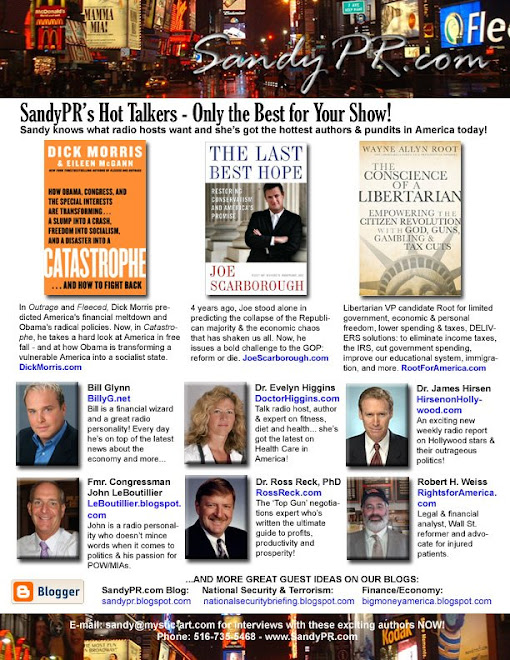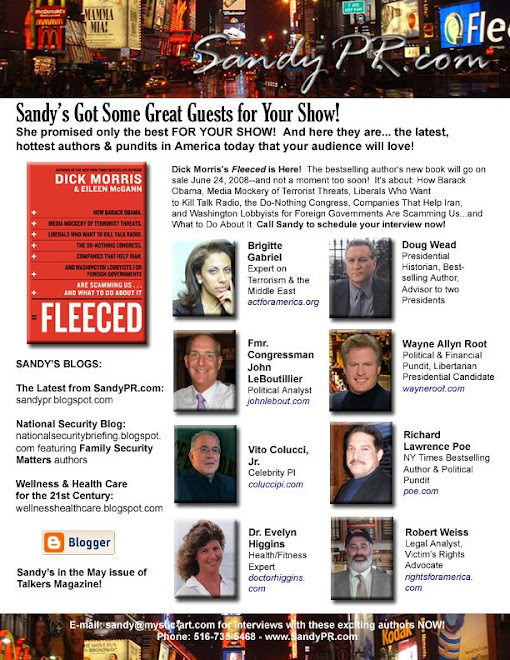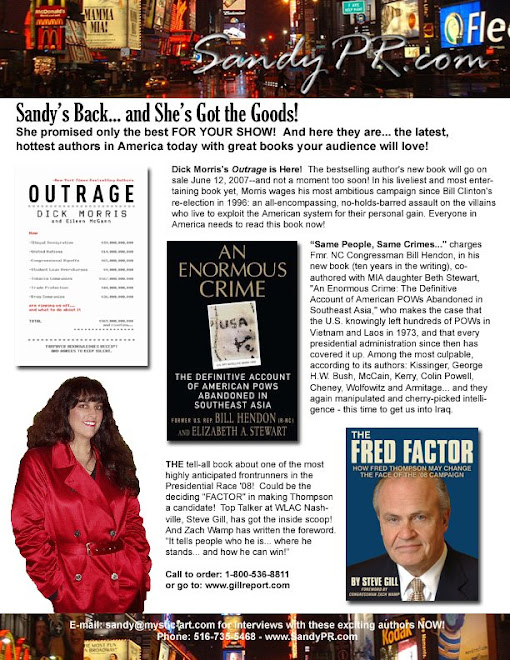The acclaimed Pulitzer Prize-winning journalist and New York Times best-selling author of The Way of the World, The One Percent Doctrine, and The Price of Loyalty goes behind the scenes to tell the riveting story of the financial crisis and the political and economic aftershocks still being felt today.
CONFIDENCE MEN
Wall Street, Washington, and the Education of a President
By Ron Suskind
When the economy collapsed just months before his election, Barack Obama auditioned for the job of President by responding to a national crisis. As he stood on stage in Grant Park and addressed the nation for the first time as Commander in Chief it became clear that he would now have to command Washington, tame New York, and rescue the economy - all in the first real management job of his life. In CONFIDENCE MEN, a gripping, brilliantly reported, and sure to be news-making book, Pulitzer Prize-winning journalist Ron Suskind tells the complete story of the nation's financial meltdown and an untested new president charged with restoring the confidence of a shaken nation.
Based on hundreds of hours of interviews - including one with Barack Obama - and filled with piercing insight and startling disclosures, CONFIDENCE MEN goes beyond the headlines and previous accounts, bringing into focus the struggle between Wall Street and Washington that began in 2008 and continues to roil the nation.
CONFIDENCE MEN introduces readers to an ensemble cast, from the titans of high finance to a new generation of reformers, from petulant congressmen and acerbic lobbyists to a tight circle of White House advisors - and, ultimately, to the President himself, as you've never seen him before. Suskind writes about how Obama surrounded himself with a team of seasoned players, many of whom - like Rahm Emanuel, Larry Summers, Tim Geithner, and Peter Orszag - served a different president in a different time. As the nation's crises deepened, these deputies often ignored the President's decisions - "trying," they said, "to protect him from himself" - and seized control of the White House. The book describes the bitter disputes - between men and women, policy and politics - that ruled the day and the inner workings of an administration that found itself waiting for a President to grow into the world's toughest job.
Talking points from CONFIDENCE MEN include:
· How Barack Obama, as a longshot candidate, first learned - before almost any other politician - that "a market driven disaster" was about to collapse the economy. And, how he responded by pulling together a team of bipartisan reformers.
· How, when the financial crisis finally hit, Obama's success in fundraising and relationship building on Wall Street afforded him valuable understanding of the business of managing money and risk. This knowledge gave him a key advantage over McCain.
· How, in the fall of 2008, Obama's reform-minded advisers were washed away in favor of the acolytes of Bob Rubin. And how Rubin, himself, was offered a future post in the Obama White House.
· How Obama ignored advice not to hire Rahm Emanuel and to avoid bringing "Chicago friends" to Washington,
· How, in Grant Park and at his Inauguration, Obama tried to lower expectations because of doubts about his capability for the job that awaited him.
· How, even before he gave his Inaugural speech, Obama started to lose confidence of some of his senior advisers.
· How Obama's authority was swiftly undercut by top aides who acted unilaterally in making Presidential decisions and guiding internal debate.
· Why one of Obama's most important decisions as President was "slow walked" and then buried by his senior advisers because they thought he acted imprudently.
· What Obama felt and how he reacted when he found out his desires, in several instances, had been ignored.
· Which senior adviser said that this president was not up to the job or nearly as capable and aware as Bill Clinton.
· How Obama struggled to take action against Wall Street and was thwarted by top officials with close Wall Street contacts.
· Which female senior adviser said, in summation of her two years in the White House, "Why is it that the women are only ones with any balls around here?"
· How "Gender Wars" broke out inside a chaotic White House where forceful women felt they were ignored by the President and verbally abused by his senior male advisers.
· Which top female advisers ran crying from meetings and which female senior adviser felt the White House met "the legal standard for a hostile workplace."
· What Obama said when the women, as a group, confronted him.
· What Rahm Emanuel, who so many female staffers considered a bully, later said about the White House's "women's issue" - before laughing uproariously.
· How Obama began to "take ownership" of his own White House and which top officials he removed to regain control.
· What lessons Obama learned from these harrowing experiences that, according to Obama himself, will shape the future of his presidency.
· What Democratic "disease" Obama says he's suffered from and how he says he cured himself.
· Which Wall Street titan Obama offered Larry Summers' job to in the fall of 2010, as he began to curry favor with the business community.
· Which former President Obama is modeling himself after going forward.
· How Barack Obama now reconciles his own battered confidence with his role as the nation's leader.
Ron Suskind is the author of The Way of the World, The One Percent Doctrine, The Price of Loyalty, and A Hope in the Unseen. From 1993 to 2000 he was the senior national affairs writer for The Wall Street Journal, where he won a Pulitzer Prize.







